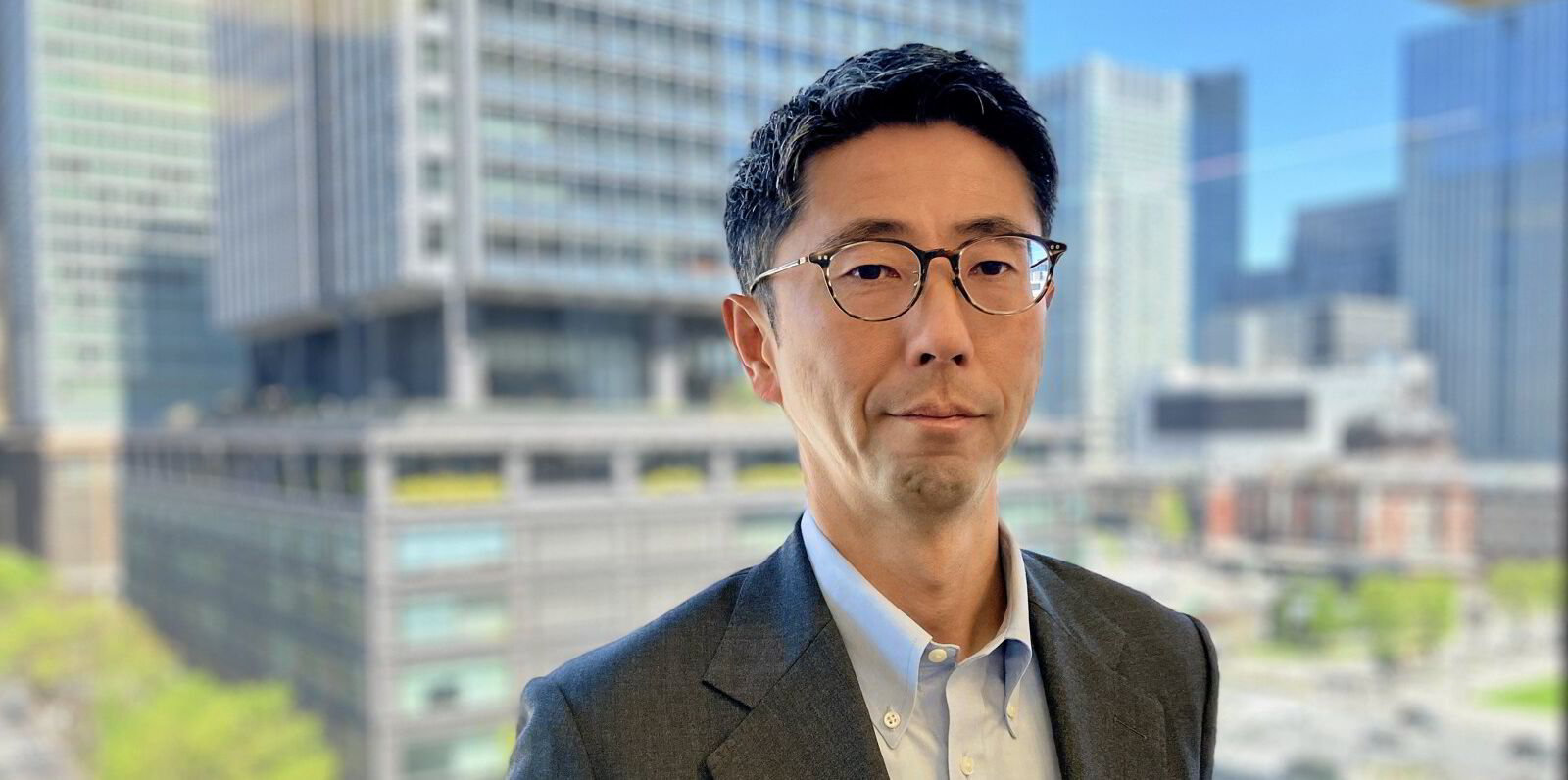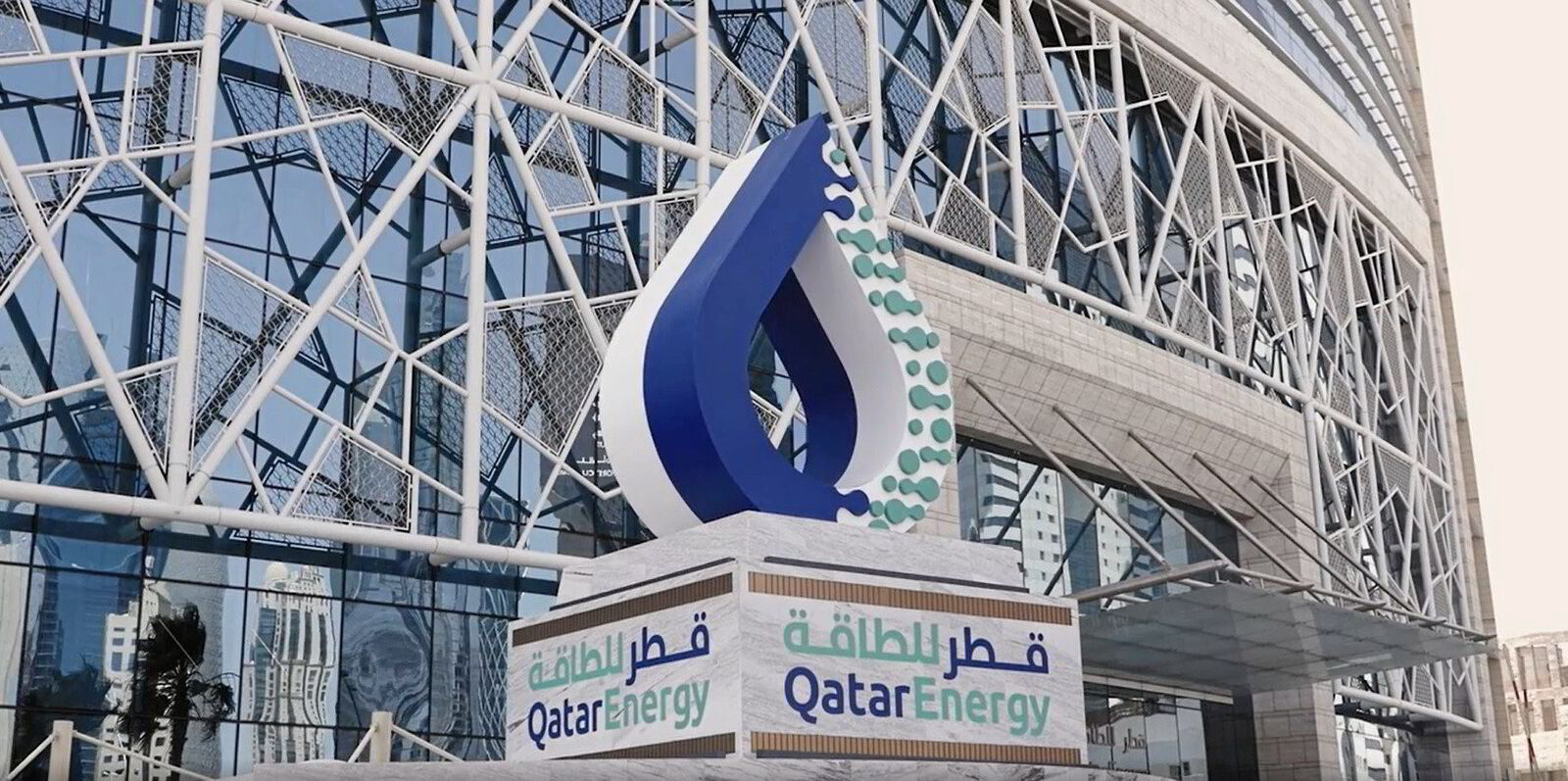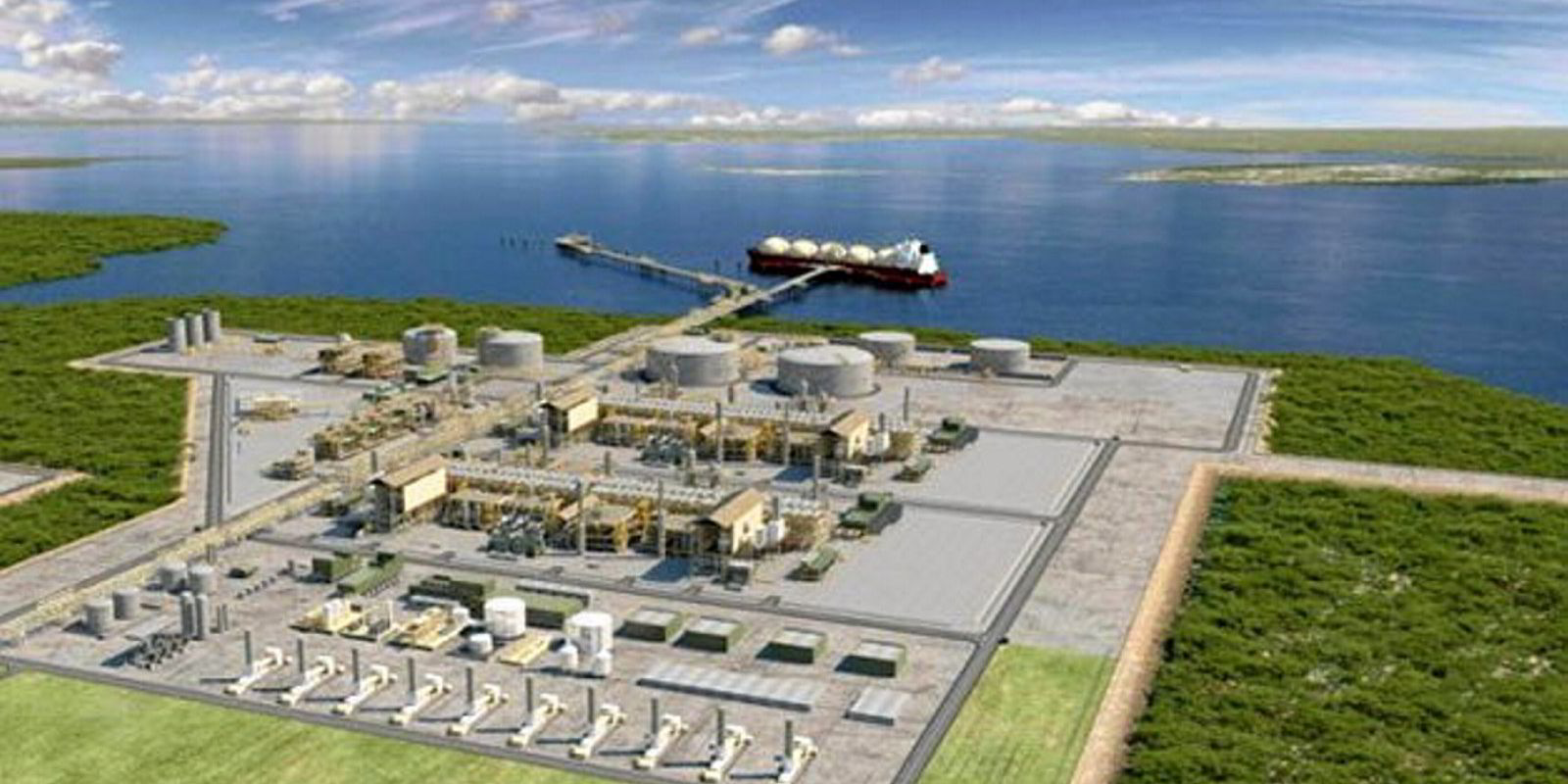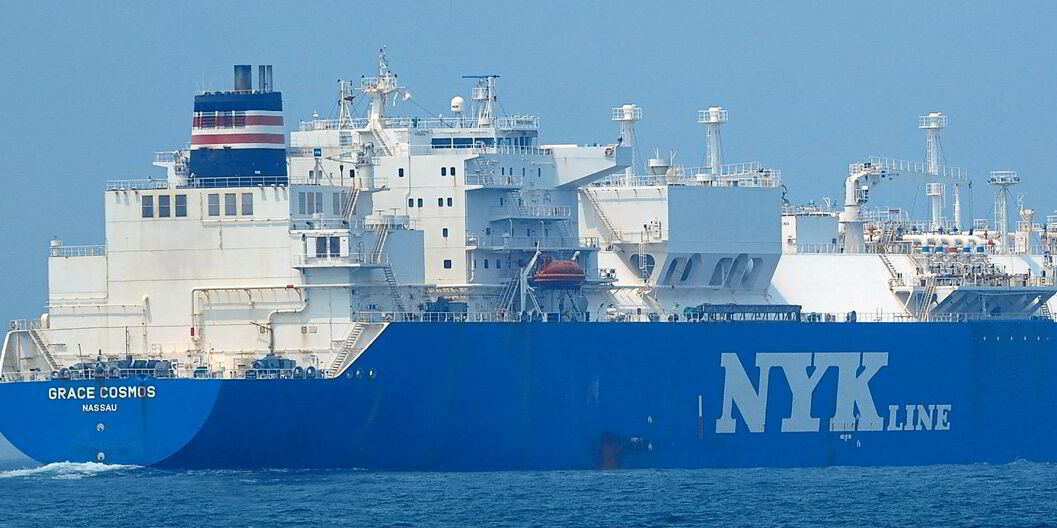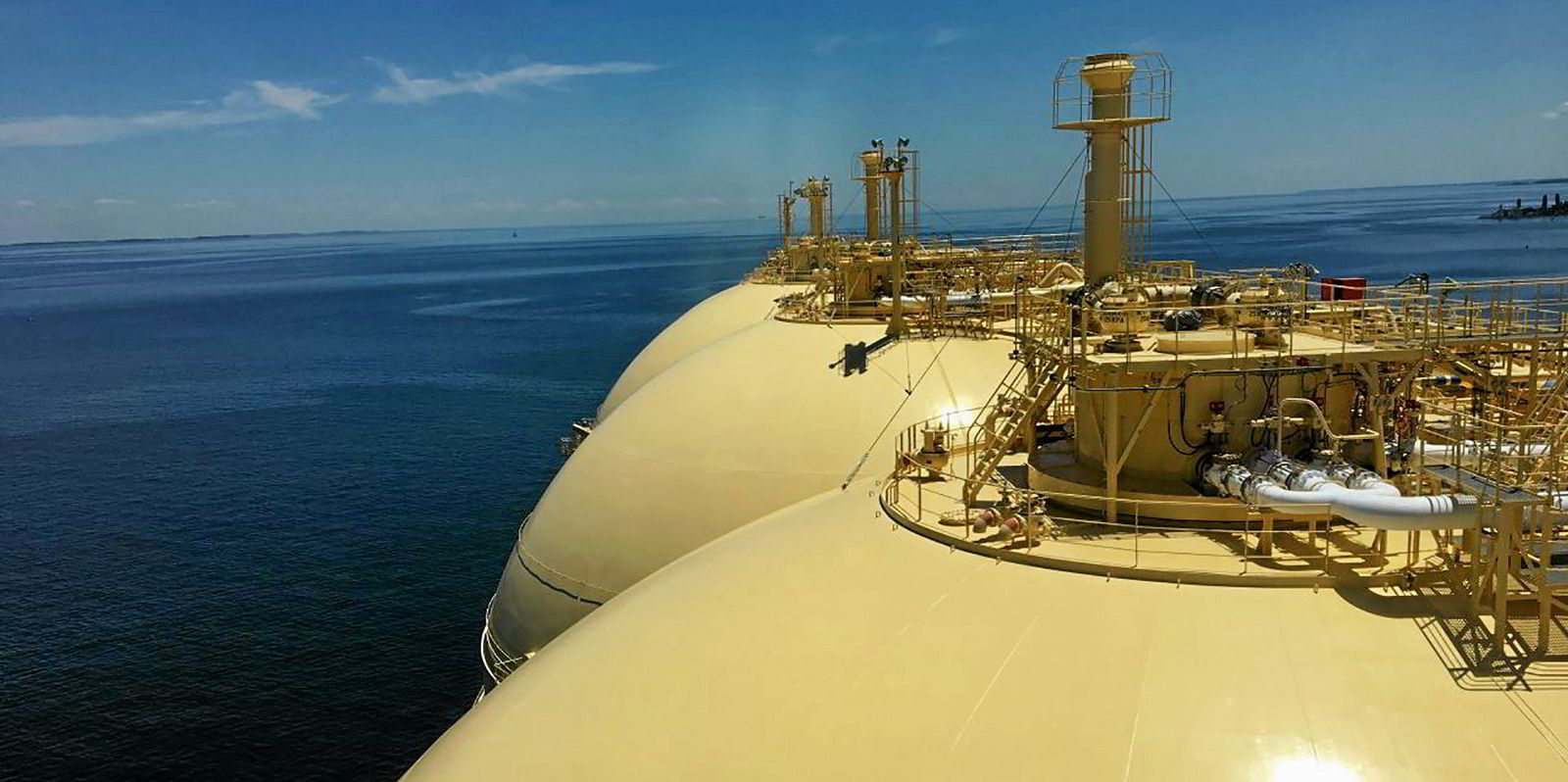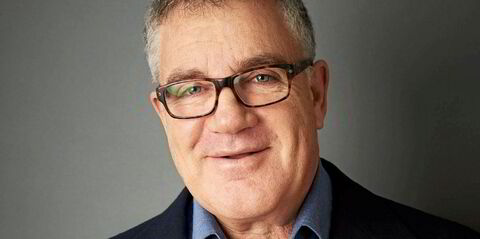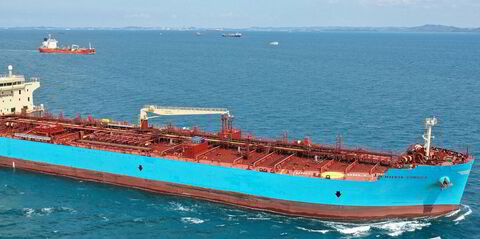A glance at the LNG carrier newbuilding orderbook reveals a few shipowner names topping the contracting table and among them is Japanese giant NYK.
The company is coy about its orderbook, preferring simply to say it has more than 25 LNG carriers on order and is bullish on the future of the product.
Masami Okubo, senior general manager at NYK LNG Group, told TradeWinds: “LNG is not a transition energy. We think we can utilise LNG vessels even in 2050,” explaining that the company wants to continue investing in them.
Okubo, who took the role in April, said the company’s target had not changed.
“We project our fleet size will become over 120 [LNG] vessels by 2027,” he said.
NYK was awarded newbuilding slots in Phase 1 of QatarEnergy’s huge LNG carrier newbuilding project. Okubo said the Qatari energy giant is an important customer and has a long relationship with the Japanese owner.
Indeed, a 27-year-old Okubo first appeared in TradeWinds when four years into his career at NYK he was part of a two-man team opening an LNG office in London while also working with Qatargas on LNG shipping.
NYK is also one of four shipowners that continues to sit on four LNG newbuilding berths for the TotalEnergies-led Mozambique LNG project. He said the company still expects this project to go ahead, with the latest revision of the delivery dates on the newbuildings pushed out to 2028.
But Okubo stressed that as a shipping company, NYK is not aiming to expand beyond its capacity, in terms of human resources, ship management or shipbuilding.
“If we lack resources in management, operating and building it will be a problem. We need to ensure our quality remains at a high level so charterers can be satisfied,” he said
- LNG carrier fleet: 89 vessels either owned or co-owned
- Steam turbine LNG carriers: 47
- 100% ownership of LNG carriers: “Over 20 but less than 30”
- LNG newbuildings: “More than 25”
- QatarEnergy Phase 1 newbuilding project: 12 vessels
- Joint venture with CNOOC: 6 vessels
In terms of human resources, Okubo said he was a little worried about quality, as the LNG fleet is expanding with newcomers trying to pick up crew from existing players.
He has also been surprised that yard prices have remained stubbornly high.
“If they stay at this level, as a shipowner, we cannot offer a very aggressive rate,” he said, explaining that some players still have vessel slots ordered before prices went up, allowing them to offer more competitive rates.
He said South Korean yards still have some 2027 delivery slots for LNG carriers but that they do not want to talk about 2028.
Conservative
While NYK has proved a regular at shipyards over the past few years, Okuba said the company remains “conservative” and does not order on a purely speculative basis.
“When we order the vessel, we have a strong belief that it can be used for long-term business,” he explained.
The chartering landscape has changed, however.
Okubo explains that when the LNG newbuilding price was less than $200m the company could agree to five to seven-year charter deals.
But now with levels over $250m, he said it is “quite tough” to decide on shorter-term business as that would leave the company with huge residual risk.
He said NYK prefers period business of more than 15 years, but it also understands that customers have different demands and will want less, so the company would not rule anything out.
“We have around 100 vessels in our portfolio,” he said. “We should manage shorter and longer terms.”
Okubo said the LNG market is more liquid than 20 years ago but so far, the company has no free vessels to be managed in the spot market.
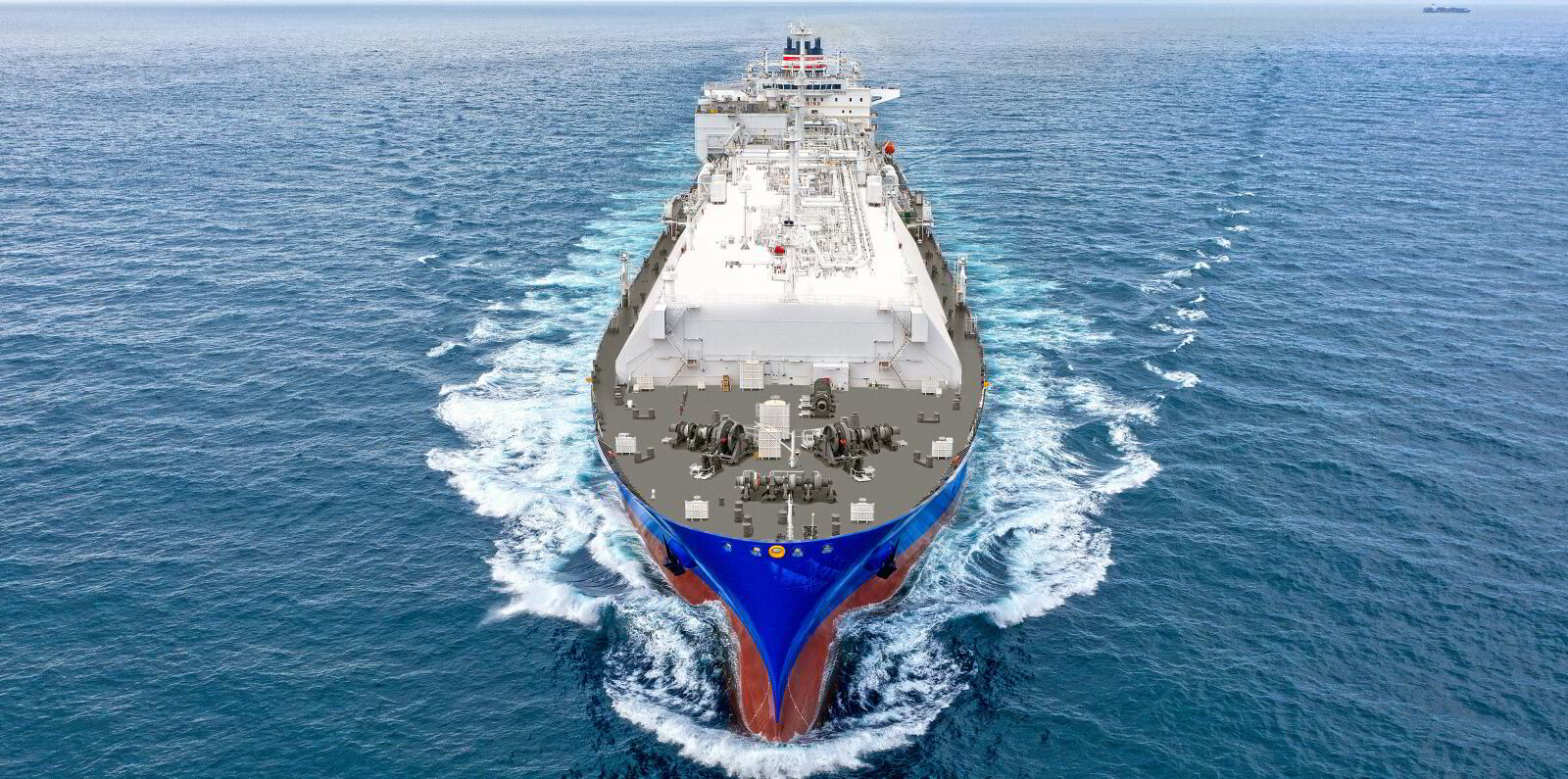
The planned expansion of NYK’s LNG fleet is not just about adding vessels.
Okubo confided that NYK is concerned about having sufficient operational staff to handle the new vessels in a department where staff are already busy.
“When we expand, we need to secure enough human resources on board but also onshore,” he said. “We have a long-term plan.
“Based on our projection, we are preparing the crews but onshore is also important. We want to be ready for when we increase the number of vessels.”
He said charterers’ requirements have changed in the last 10 years, with many wanting to take ships on term so they can trade the vessels by portfolio.
He said owners like NYK must provide safe and stable operation while that LNG carrier is likely going to all kinds of ports. “It is a new challenge for LNG shipping companies.”
Making management space
NYK manages 60 of the LNG carriers in its current fleet but this will grow to 90 in two to three years.
“We have to grow our management capacity,” Okubo said.
The company already has three core ship management companies based in Japan, Singapore and the UK, along with another trio of joint ventures, with Gazocean in France, another with Taiwan’s CPC Corp and more recently in Hong Kong.
The incoming 30 LNG carriers will slot into these six companies.
But it is not all about newbuildings.
NYK recently put one of its steam turbine LNG carriers — the 149,700-cbm Grace Cosmos (built 2008) — up for sale, with the approach of the end of its long-term charter at the close of 2024.
Of the steamship LNG fleet, the 16-year-old ship is among the larger and younger vessels, which some companies may have been tempted to trade on.
Okubo said that as the European Union Emissions Trading System kicks in, steam turbine ships will lose their competitiveness, so NYK’s policy is to replace them with vessels with newer engine types when their charter hire period ends.
“Steam turbines playing around in spot market is quite difficult. Not many charterers can pick them up once they come off from long term, so we need to look for a chance to sell the vessels or utilise them for FSRU projects.”
NYK is studying the option of retrofitting steam turbine ships with new engines. Okubo said the challenge is the time it would take and the cost, and more time is needed to study this.
The company has also been having internal discussions about which technologies could improve its fleet decarbonisation.
Okubo said onboard carbon capture and storage (CCS) is one interesting technology. He said this could be useful for newbuildings, adding that all the shipyards have their own CCS designs. “We are quite interested in that solution but this would need cooperation with the charterer.”
Fresh angle
Away from LNG carriers but not disassociated from them, Okubo said NYK is also interested in branching out into the floating storage and regasification sector — a business the company, as yet, has no experience in — and has an FSRU marketing team.
While FSRUs would fall under NYK’s offshore business, Okubo said that before an LNG carrier is offered for sale to the market it would be made available to the team as a conversion candidate. He said the company has teams on hand that could handle conversions.
Okubo said that taking on his new role he has realised how important LNG is for energy security and the importance of a stable and safe operation to ensure supply to countries.
When he does take time out from the LNG world, the general manager said his weekends are spent watching his kids play football. But he has managed time out to attend two Brighton & Hove Albion matches in the UK to see Japanese star winger Kaoru Mitoma play.

